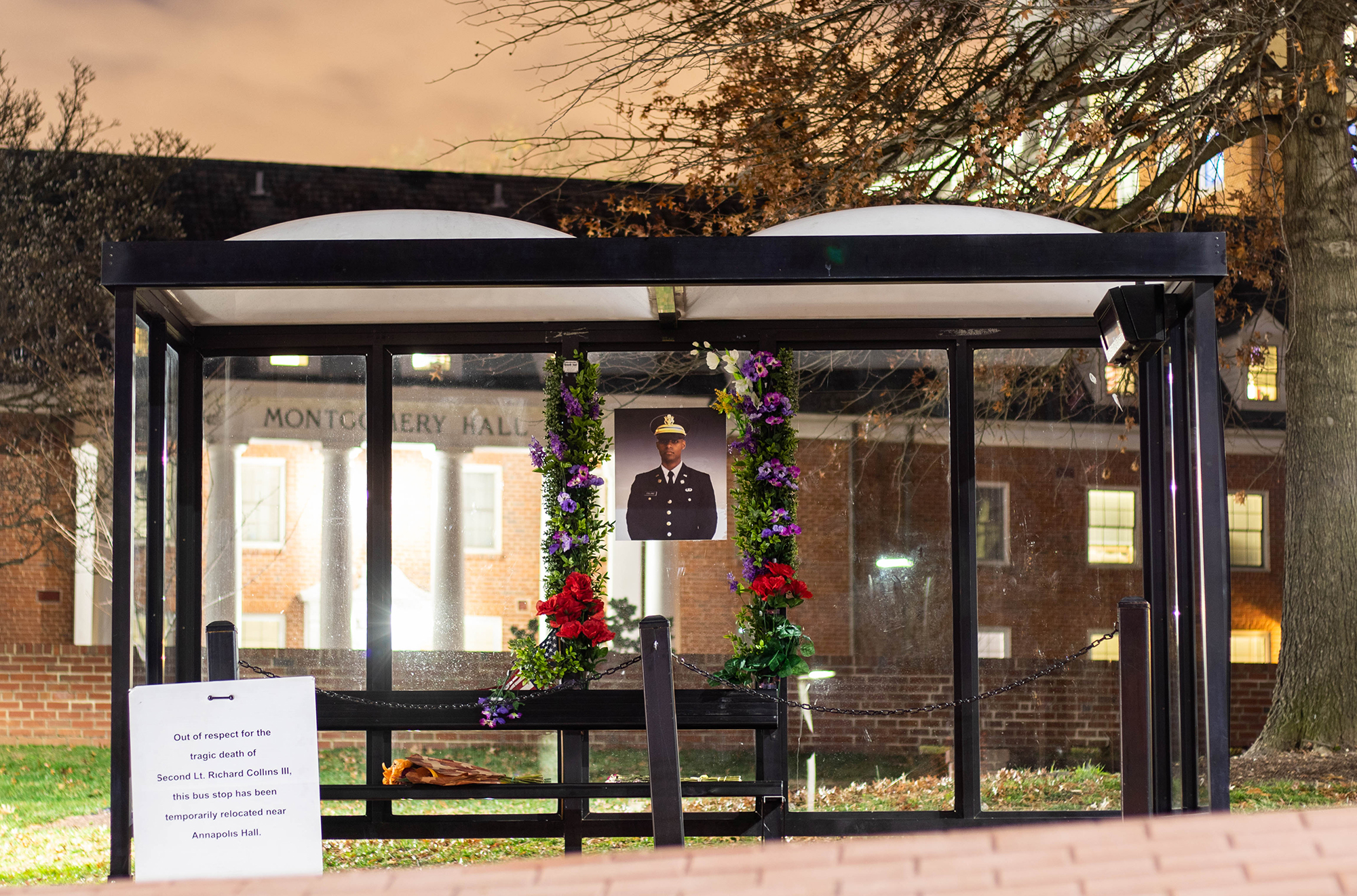Views expressed in opinion columns are the author’s own.
More than two years have passed since 1st Lt. Richard Collins, a Black Bowie State University student, was murdered by a white former University of Maryland student, and racism remains a major problem on college campuses across the country. The years since Collins’ death, however, have been a time for healing and change.
Recent initiatives to memorialize Collins include the joint Social Justice Alliance between this university and Bowie State, which was launched last week. The alliance will include symposiums and a national conference in an effort to stimulate dialogue about social justice and promote an environment of tolerance at both universities. If it is implemented carefully and stays responsive to community feedback, this intercollegiate alliance has the potential to make a lasting impact on the future of social justice not just in Maryland, but throughout the entire country.
We tend to treat hate bias incidents at a university as that individual university’s problem to solve. But issues of social injustice, including race-based crimes, are not isolated problems. They are rooted in historical systems of inequality that affect every institution in this country. And while universities should be held accountable for incidents that take place on their campuses, changing the culture of casual racism present at all universities demands a systemic response.
One way the alliance facilitates this response is by opening up discussion between multiple institutions, offering a diversity of perspectives on social justice. Even though this university and Bowie State are only a few miles away from each other and both belong to the University System of Maryland, their student bodies differ demographically. Bowie State is a historically Black university; in 2019, 80.4 percent of Bowie State students were Black, compared to only 10.6 percent of students at this university. The alliance is a positive attempt at beginning to bridge this gap between historically Black universities and predominantly white institutions.
Open dialogue between both universities will strengthen each institution more than if each had tried to address the problem separately. There is ultimately more power in an alliance between multiple schools, as centralization and community are enormous factors in creating change.
The alliance also has the potential to be expanded in the future. Black students at this university have expressed reservations about university President Darryll Pines’ plans for racial justice. Their concerns include vague timelines and a lack of urgency within the administration. And at this university, where most hate bias incidents are based on race or color, substantive initiatives carry more weight than administrative emails denouncing racism.
This area of concern could be the next step for the alliance. As it exists now, I believe the initiative will be effective at promoting an ideology of inclusion through its symposiums and conferences. While targeting ideology is the first step in changing the culture of intolerance and hate, concrete action is required for those changes to actually be implemented. With the collective resources of both universities, this initiative will facilitate actual action rather than empty promises.
Finally, this initiative could serve as a foundation for similar programs throughout the nation. Other universities should not wait for tragedy to strike before implementing anti-hate strategies. Perhaps with the nationwide expansion of intercollegiate alliances — using the Social Justice Alliance as a model — we can finally shift the culture of higher education toward tolerance, connect the gap between demographically disparate institutions and tackle systemic social issues on a broader scale.
The Social Justice Alliance between this university and Bowie State isn’t just a way to memorialize Collins’ legacy — it also holds the potential to impart real change. This is an opportunity for Pines and his administration to prove their commitment to fighting social injustice in the campus community and beyond. While Pines’ record is nowhere near perfect so far, this alliance is certainly a step in the right direction.
Allison Cochrane is a senior biology major. She can be reached at allisonc@umd.edu.



